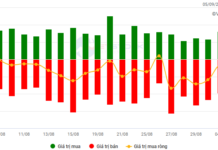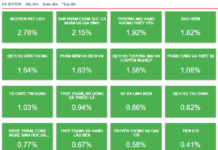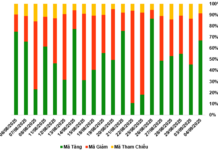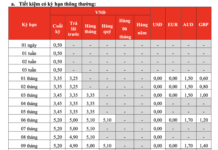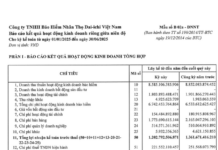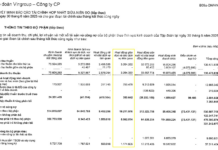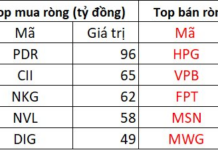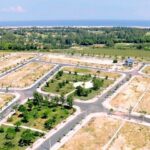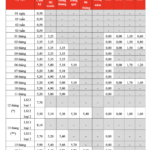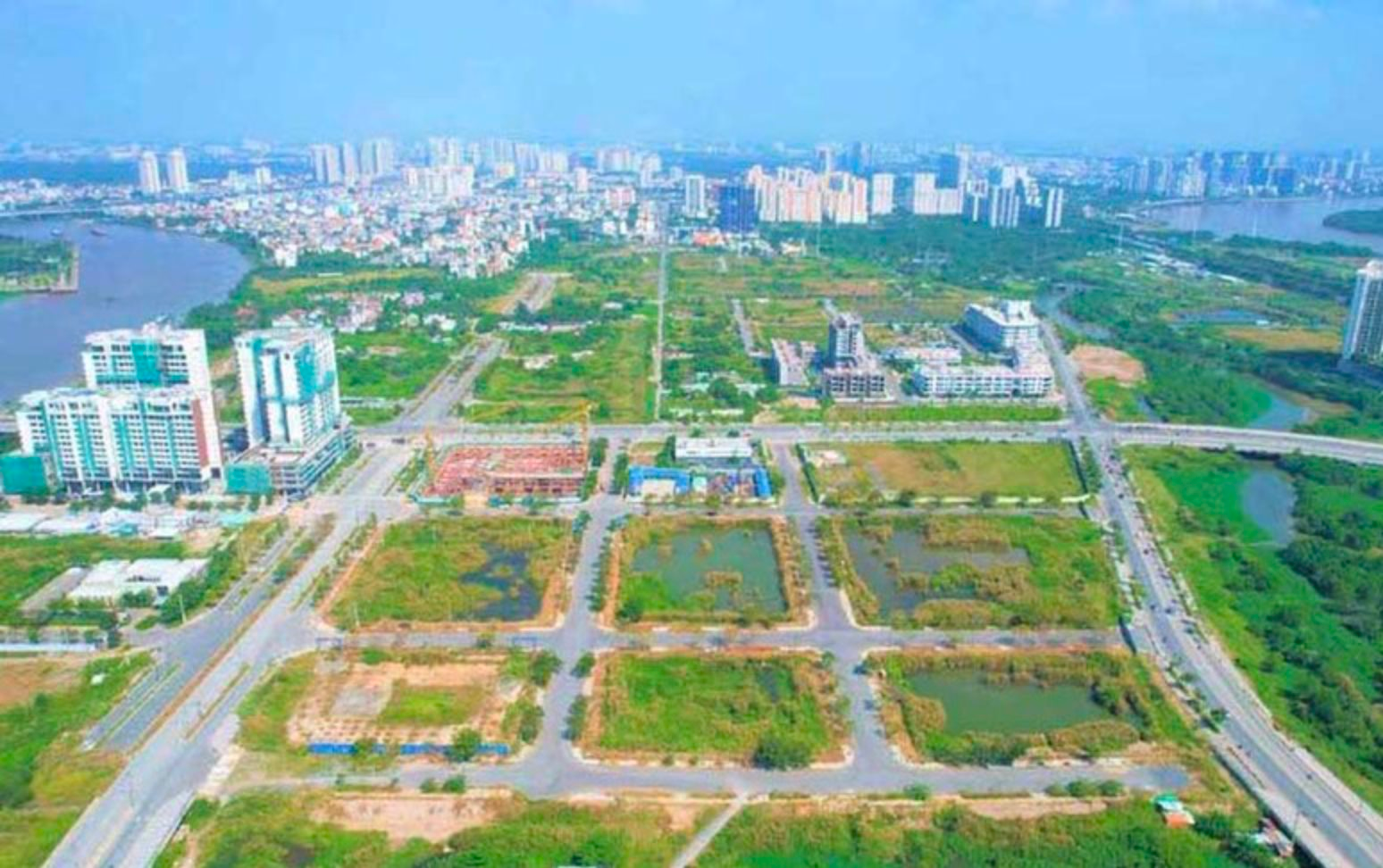
In this context, the Vietnam Real Estate Brokers Association (VARS) and the Vietnam Real Estate Market Research and Assessment Institute (VARS IRE) have actively contributed their insights and made strategic proposals aimed at enhancing transparency, practicality, and stability in the market.
Proposing Land Use Planning at the Commune Level Only
One of VARS IRE’s notable recommendations is to support the idea of not developing land use plans at the commune level but instead focusing on land use planning at the provincial level. This approach aims to prevent overlaps and delays caused by the commune-level planning process, especially after administrative unit mergers.
Instead, communes should primarily provide data and input for provincial-level planning.
Notably, VARS IRE agrees with including logistics projects and other projects in the list of land revocation for socio-economic development in the national and public interest (Article 79). This reflects the growing importance of logistics in modern supply chains.
However, to prevent potential abuse or favoritism, VARS IRE emphasizes the necessity of issuing detailed guidelines with specific criteria for identifying and classifying these projects.
Addressing Land Clearance Challenges
To resolve the issue of stalled projects despite high agreement rates in land clearance, VARS IRE supported Option 2 in Clause 34 of Article 79.
Accordingly, the state will reclaim the remaining land area if the investor has agreed on more than 75% of the land area or with more than 75% of land users (occupying more than 50% of the land area). This regulation is expected to provide practical support to businesses while balancing the interests of enterprises and residents.
VARS IRE also agrees with allowing land revocation before completing the approval of compensation, support, and resettlement plans in special cases, such as national priority projects, urgent public investment projects, or when more than 75% of land users consent. However, similar to Article 79, VARS IRE continues to propose the need for specific and clear criteria to avoid difficulties for officials and limit the risk of favoritism.
Transparent Land Valuation
Regarding the basis for calculating land use fees, VARS IRE agrees with the new regulation that the basis for calculating land use fees should be the land price according to the land price table and the land price adjustment coefficient, instead of the specific land price. This mechanism balances state management requirements and market stability goals.
VARS IRE proposes that the state needs to issue a unified system of technical indicators and land valuation standards nationwide, along with regularly updated land and real estate market data.
Another important proposal is to eliminate the regulation requiring land users to make additional payments for the period when land use fees and land rent were not calculated. According to VARS IRE, the current regulation imposes a significant financial burden on enterprises due to objective reasons, prolonging projects and increasing product prices, contrary to the state’s policy of lowering housing prices. Eliminating this regulation will reduce financial pressure, accelerate project progress, and contribute to stabilizing housing prices.
Removing Barriers to Land Use Conversion
VARS IRE agrees with the proposal to eliminate the regulation that, in the case of using land for commercial housing construction projects, only agreement on the receipt of residential land use rights is allowed. This proposal aligns with Resolution 171/2024/QH15 and is expected to resolve obstacles for hundreds of projects, boost housing supply to the market, and balance supply and demand.
Additionally, VARS IRE also proposes allowing the combination of agricultural land use with infrastructure construction along routes (such as postal, telecommunications, solar power, power transmission lines, wind power, etc.) to improve land use efficiency and overall socio-economic benefits.
VARS IRE assesses that the draft amended Land Law demonstrates a receptive attitude and closeness to reality. However, to ensure feasibility and effectiveness in implementation, the draft needs to provide more detailed and specific regulations, especially regarding the mechanism for inspection and supervision. This is crucial, especially in the initial phase when commune-level agencies have limited resources and capabilities.
Moreover, the requirement for digitization and the establishment of a unified land and real estate database, interconnected with other national databases, is a key solution to enhancing transparency and modernizing management, facilitating all subjects.
“The process of building and perfecting the Land Law needs to be carried out cautiously, with a long-term vision, and by continuing to listen to the opinions of experts, enterprises, and people to ensure a transparent, stable, and consistent legal framework for the sustainable development of Vietnam’s real estate market,” VARS IRE emphasized.
Unlocking Affordable Housing Opportunities: Businesses Urge Amendments to the Land Law
The upcoming 2024 Land Law amendments aim to strike a delicate balance in land-related financial obligations and address the concerns arising from the steep rise in land prices over the past year. While businesses continue to grapple with the challenge of input costs for housing, the state is committed to curbing budget deficits and fostering a harmonious relationship between the state, businesses, and citizens.
The Real Estate Market: A Wealth of Opportunities.
As of Q2 2025, real estate inventory levels climbed to new heights, with many businesses burdened by massive work-in-progress assets, accounting for up to 85% of their total holdings in some cases. This paints a picture of mounting pressure on companies to alleviate this mounting inventory conundrum.
The Ultimate Guide to the Real Estate Market’s Year-End Outlook
The real estate market in 2025 is looking bright, according to experts. With positive indicators on the horizon, the latter half of the year is set to be a dynamic one, full of potential twists and turns. As we enter this pivotal period, it’s essential to recognize the diverse scenarios that could play out and the subsequent impact they may have.

